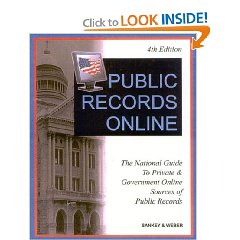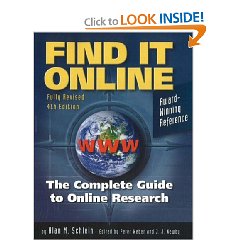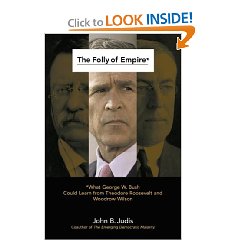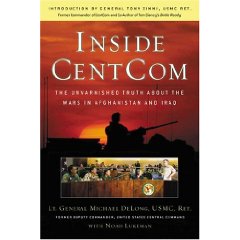John B. Judis
This is a balanced book, well-grounded in history, with an objective air and a very pleasing integration of specific quotes from both the past and the present. It strips away the false airs of the neo-cons, and with trenchant scholarship shows how deeply ignorant America's neo-conservatives and their leading light are of the lessons of history.
The early portion of the book provides an excellent overview, concise, documented, easy to absorb, of the origins of American imperialism in the early century of Christian millennialism followed by civil millennialism. The chart on page 17 is useful, covering the seven period of various styles of American imperialism or avoidance thereof.
The book documents the explicit rejection by the Founding Fathers of empires based on conquest and distance rule, and of foreign political entanglements.
I especially liked a 1780 quote from Reverend Samuel Cooper that captures my own personal belief in how America should relate to the world: “Conquest is not indeed the aim of these rising states; sound policy must ever forbid it. We have before us an object more truly great and honorable. We seem called by heaven to make a large portion of this globe a seat of knowledge and liberty, of agriculture, commerce, and arts, and what is more important than all, of Christian piety and virtue.”
I find it relevant that Mark Twain, among many others in our history, was a staunch opponent of American imperialism.
The middle portion of the book provides a non-judgmental review of how America was lured into imperialism for largely economic reasons, including a fear of losing access to China as well as coaling stations for a global navy.
At the same time, there is a recurring theme throughout the book of the arrogance and ignorance of white Protestants, who believed-as the Spanish did when they began the genocide in the Americas-that the heathen are savages that must be either absorbed or exterminated.
Especially interesting to me is the concept discussed in the book regarding the early American view that all land not under direct human cultivation was “waste land” whose occupants merited removal as a precondition to “civilized” stewardship [exploitation] of the land.
Theodore Roosevelt is discussed in both negative and positive terms-I have the note in the margin here of Roosevelt as the originator of what can easily be called “macho shit racism”-yet Roosevelt also matured, and ultimately set the stage for a discussion of the League of Nations concept.
Woodrow Wilson is the other historical figure in the center of the book, and his ideal of a collective multinational “conscience of the world” receives a good review. Critical within this section is Wilson early understanding that the “balance of power” model for nations was an inherent unstable model. To this I would add a pointer to my review of Philip Allot, The Health of Nations: Society and Law beyond the State where he documents the absurdity of allowing any crime against humanity to occur within any political boundary as part of the acceptance of sovereign borders.
Other specifics include a discussion of morality as an international force, of the importance of trust in mediators who avoid entanglements, of the CIA's early days sponsoring socialist alternatives to communism that now dominate Europe, and of the US failure to respect the North Vietnamese when they first declared independence and publicly stated their respect for the early American model of governance.
The final portion of the book is a review of modern history. Clinton comes across as disengaged, out-sourcing foreign policy to a very ineffective team, while Bush comes across as provincial and ignorant. In both cases the author notes that underlying conditions have changed, with various bits suggesting to me that there are three major things than have changed: capitalism has become immoral rather than innovative; democracy has become apathetic rather than engaged, and dictators have become the norm as US partners, rather than loathed.
The author links Ahmed Chalibi the thief and Iranian double-agent, with Bernard Lewis the historian fool, in a very compelling manner-both contributed to the debacle of Iraq by deceiving first the neo-conservatives, and then the American people.
The book concludes with some thoughtful assertions on the perils of empire, the legitimate historical and current grievances of the Muslims at large, and the urgency of returning to an American foreign policy that relies on collective security, a collective conscience, and a restoration of America's commitment to the rights of individuals to self-determination.
See also, with reviews:
The Fifty-Year Wound: How America's Cold War Victory Has Shaped Our World
The Unconquerable World: Power, Nonviolence, and the Will of the People
The Sorrows of Empire: Militarism, Secrecy, and the End of the Republic (The American Empire Project)
Failed States: The Abuse of Power and the Assault on Democracy
The Paradox of American Power: Why the World's Only Superpower Can't Go It Alone
A Foreign Policy of Freedom: Peace, Commerce, and Honest Friendship










